However, this process still faces many barriers and according to experts, for autonomy to truly be effective, policies need to be adjusted towards transparency, synchronization and conformity with modern governance practices.
Progress but not strong enough
The draft Law on Higher Education (amended) inherits the unchanged provisions of the current Law on Higher Education (about 55%); does not overlap provisions with the Law on Education (amended Law on Education), Law on Teachers, Law on Vocational Education, Law on Science, Technology and Innovation, etc. The number of chapters and articles expected in the draft Law is sharply reduced, including a 50% reduction in the number of processes; a minimum of 50% reduction in administrative procedures compared to the current Law on Higher Education.
After the 2018 revised Law on Higher Education (Law No. 34/2018/QH14) came into practice, the university autonomy mechanism has brought about significant positive impacts, contributing to reshaping the picture of higher education in Vietnam, promoting proactiveness, improving the quality and integration capacity of higher education institutions.
One of the core benefits of university autonomy is the ability to help schools proactively develop and promote their capacity and potential, thereby improving the quality of training and scientific research.
Many universities have made positive changes in more flexible management, bringing training programs closer to market realities. The proportion of lecturers with doctoral degrees is increasing, reflecting the efforts of universities to improve their professional staff.
However, the draft submission to the Government on the policy of the Draft Law on Higher Education (amended) of the Ministry of Education and Training (May 2025) also pointed out many limitations in the implementation of the law on higher education, including issues of university governance and autonomy. Regulations on university organizations with member universities (two-level model) still have many shortcomings, especially when implementing the autonomy mechanism.
The school councils at some higher education institutions are not operating effectively, have not fully performed their functions, tasks and powers, and the regulations on the duties and powers of the school councils in the current law are still unclear, while the task of issuing sub-law guidance documents is not assigned, leading to different understandings and implementations among higher education institutions. This causes overlap in leadership methods, administrative organization and operational activities at higher education institutions.
Analyzing this point more clearly, MSc. Pham Thai Son - Director of the Admissions and Communications Center, Ho Chi Minh City University of Industry and Trade said that the 2018 revised Law on Higher Education stipulates that the university council is the highest authority, playing a decisive role in strategic issues to ensure autonomy and democracy.
However, in many schools, the school council operates in a formal manner, and the administrative capacity of some members does not meet requirements, reducing the ability to make effective decisions. The overlapping functions between the school council and the board of directors further blur the real power, causing difficulties in defining responsibilities. These limitations are hindering the implementation of the goal of university autonomy set forth in the Law.
Also according to the draft report of the Ministry of Education and Training, when implementing university autonomy, public higher education institutions actually encounter many difficulties due to legal regulations on organization, personnel, finance and assets for public service units.
Regulations on autonomy conditions and levels according to financial capacity have led to many limitations in implementation. This approach causes inequality among higher education institutions, creates pressure to increase tuition fees, affects learners' access and reduces the motivation to improve in higher education institutions that do not have enough financial capacity, making autonomy limited in scope and unsustainable.
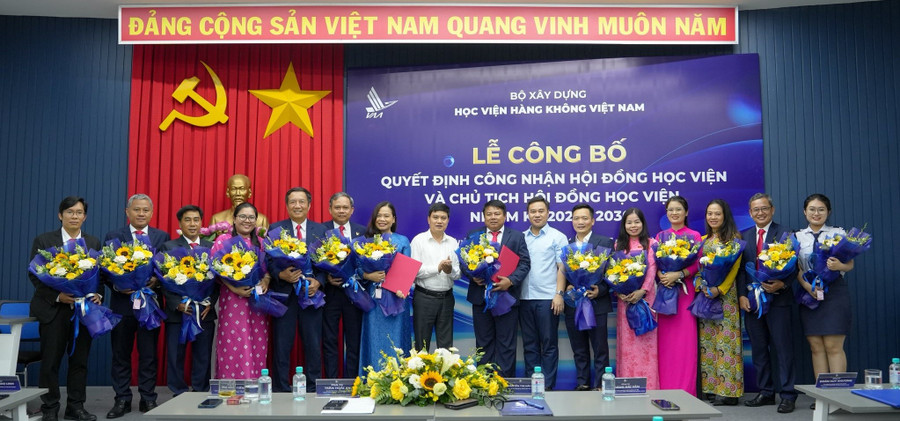
Barriers from law and organizational model
At many seminars and discussions on the Draft Law on Higher Education (amended), experts emphasized the importance of enhancing the substantive role of the University Council. Prof. Dr. Vu Hoang Linh - Chairman of the University Council of the University of Natural Sciences (Vietnam National University, Hanoi) commented that the university council in higher education institutions is a very suitable governance model in the context of schools increasingly promoting autonomy.
However, at many higher education institutions today, school councils still exist in a formality and do not really play a role in governance. He emphasized that school councils need to be operated in a more substantial manner, and at the same time, individuals participating in the council must be people with real experience and deep understanding of university governance.
Meanwhile, MSc. Pham Thai Son said that to increase university autonomy, it is necessary to focus on the role of the school council. According to him, the regulations on the school council in the current Law on Higher Education are not clear about its powers and responsibilities. The lack of a mechanism for the school council to operate independently from the Board of Directors leads to overlapping or abuse of power, losing the true meaning of this advanced governance model.
On May 15, at Ho Chi Minh City University of Law, the Ministry of Education and Training held a workshop to collect opinions on the draft Law on Higher Education (amended). Among the 6 policy groups proposed in the draft Law on Higher Education (amended), policy group No. 1 emphasizes improving the effectiveness of State management and creating an advanced university governance system.
Nguyen Tien Thao, Director of the Department of Higher Education (Ministry of Education and Training), said that the draft Law is expected to clearly define the role of the school council in performing the function of managing higher education institutions, while ensuring the participation of representatives of relevant parties. In addition, the draft also clarifies the powers and responsibilities of the Chairman of the School Council, the Principal and the head of the higher education institution, in order to improve the effectiveness of internal management and administration.
In addition to clarifying the duties and powers of the School Council at higher education institutions, Mr. Pham Thai Son emphasized the need to strengthen autonomy associated with accountability to ensure quality and transparency. This is a basic principle but has not been clearly expressed in current regulations, causing many difficulties for schools.
“The draft law needs to clearly stipulate accountability, avoid general regulations, and lack specific criteria to evaluate the effectiveness of autonomy. This makes schools always worried about excessive inspection and supervision, causing unnecessary pressure and hindering dynamism in operations,” Mr. Son commented.
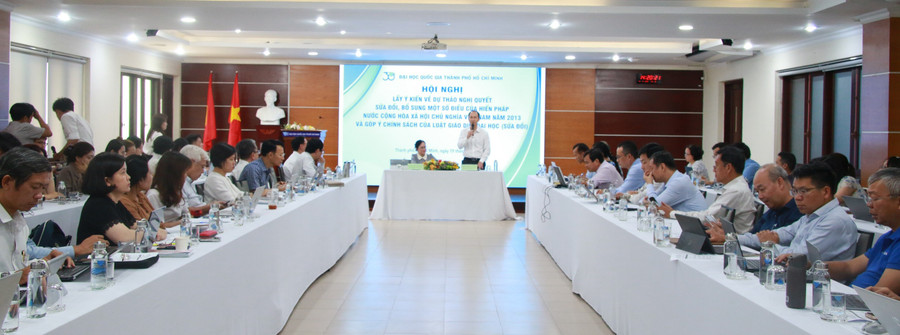
Repositioning specific roles
According to the Director of the Department of Higher Education (Ministry of Education and Training) Nguyen Tien Thao, in the policies of the draft Law on Higher Education (amended), the types of higher education institutions are identified as: national universities, regional universities, universities, colleges, academies...
At the same time, the draft Law is expected to clearly stipulate the legal status of the internal units, as well as the two-tier model of national universities and regional universities. National universities and regional universities will operate as a unified, effective entity, to carry out national strategic tasks and regional development tasks.
At seminars and policy consultations on the development of the Law on Higher Education (amended), some experts have proposed reviewing the national university model and regional universities, with the view that the current two-level university model is causing difficulties for the development of some member schools.
Speaking at the policy consultation seminar on the construction of the Law on Higher Education (amended) held at Hanoi University of Science and Technology (May 14), Deputy Minister of Education and Training Hoang Minh Son said that the two-level university model has been discussed many times.
According to the Deputy Minister, national universities and regional universities are units managed by the State according to their own missions and have their own positions in the higher education system. Therefore, the issue that needs to be raised is not whether to continue to maintain national universities or regional universities, but rather to discuss the internal governance method and consider how this model needs to be improved to operate more effectively.
At the conference to collect opinions on policies of the Draft Law on Higher Education (amended) organized by Ho Chi Minh City National University (May 19), the national university model continued to receive attention and analysis from many experts. Evaluating the regulations related to national universities in the Draft Law on Higher Education (amended), Associate Professor Dr. Nguyen Tan Phat - former Director of Ho Chi Minh City National University said that the role of national universities has not been properly recognized in the higher education system.
Therefore, he proposed that the upcoming Law on Higher Education (amended) should clarify the national university model as a multi-disciplinary, multi-field system, and at the same time add articles and clauses specifically regulating the special role of national universities in the law.
Sharing the same view, Associate Professor Dr. Phan Thanh Binh - former Director of Ho Chi Minh City National University commented that the Draft Law on Higher Education (amended) only stops at identifying Ho Chi Minh City National University as a university performing national tasks, without adding separate provisions for national universities.
This leads to the national university being viewed similarly to other universities, which does not properly reflect the leading and pioneering role of the national university in the Vietnamese higher education system. Associate Professor Dr. Phan Thanh Binh suggested adding a separate chapter on national universities in the draft law, while maintaining the school council model at member schools of the national university to ensure effectiveness in governance.
According to experts, the implementation of university autonomy under the 2018 revised Law on Higher Education has had a positive impact on the effective use of financial resources at universities. Many reports show that a significant proportion of universities have been able to cover their regular and investment expenses, or at least their regular expenses.
This not only reduces the burden on the State budget but also allows schools to be more proactive in reinvestment, serving the activities of improving training quality, scientific research and increasing income for staff, lecturers and workers.
Source: https://giaoducthoidai.vn/tu-chu-dai-hoc-bao-gio-vung-vang-post737332.html



![[Photo] Solemn opening of the 8th Congress of the Central Public Security Party Committee, term 2025-2030](https://vphoto.vietnam.vn/thumb/1200x675/vietnam/resource/IMAGE/2025/10/4/f3b00fb779f44979809441a4dac5c7df)
![[Photo] Bustling Mid-Autumn Festival at the Museum of Ethnology](https://vphoto.vietnam.vn/thumb/1200x675/vietnam/resource/IMAGE/2025/10/4/da8d5927734d4ca58e3eced14bc435a3)

![[Photo] General Secretary To Lam attends the 8th Congress of the Central Public Security Party Committee](https://vphoto.vietnam.vn/thumb/1200x675/vietnam/resource/IMAGE/2025/10/4/79fadf490f674dc483794f2d955f6045)


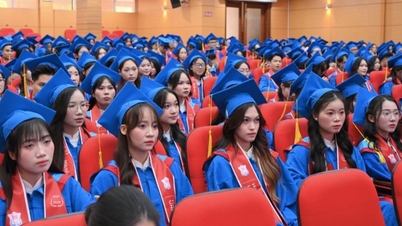

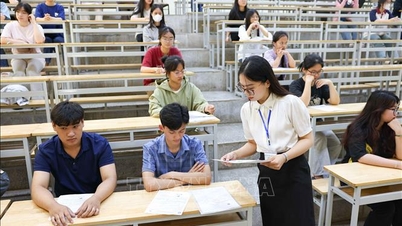

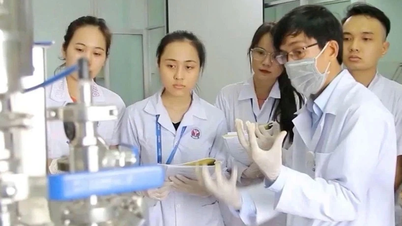

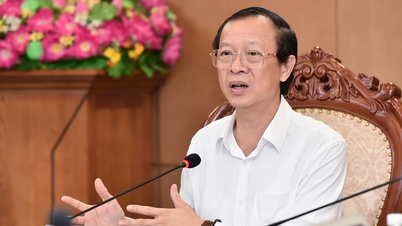
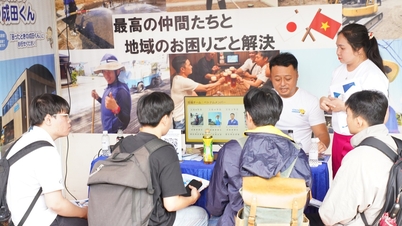

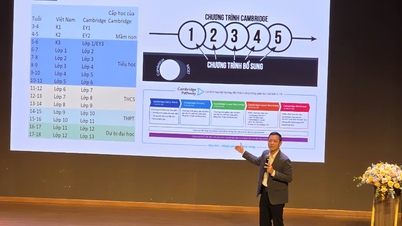
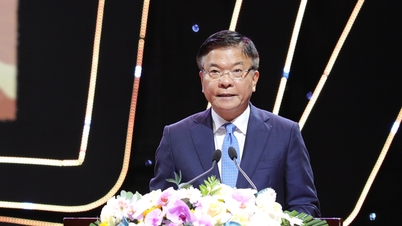
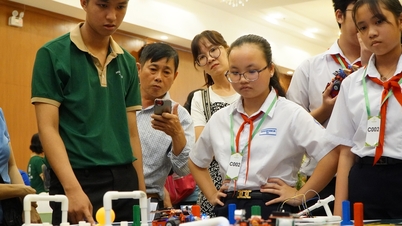


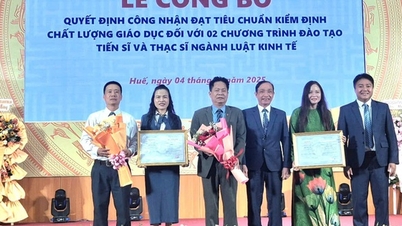




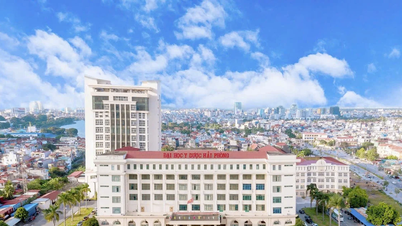
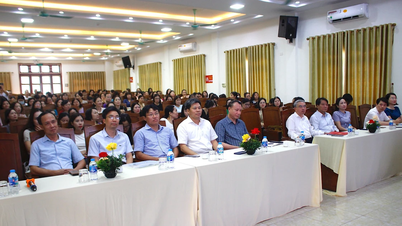
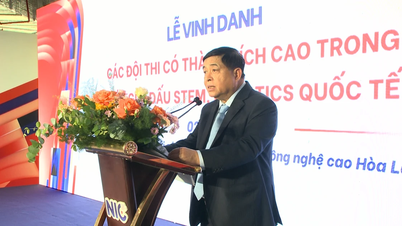

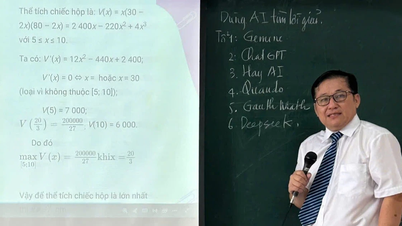


























![[VIDEO] Summary of Petrovietnam's 50th Anniversary Ceremony](https://vphoto.vietnam.vn/thumb/402x226/vietnam/resource/IMAGE/2025/10/4/abe133bdb8114793a16d4fe3e5bd0f12)
![[VIDEO] GENERAL SECRETARY TO LAM AWARDS PETROVIETNAM 8 GOLDEN WORDS: "PIONEER - EXCELLENT - SUSTAINABLE - GLOBAL"](https://vphoto.vietnam.vn/thumb/402x226/vietnam/resource/IMAGE/2025/7/23/c2fdb48863e846cfa9fb8e6ea9cf44e7)
















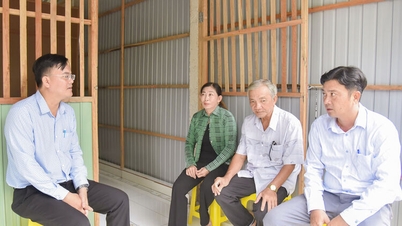

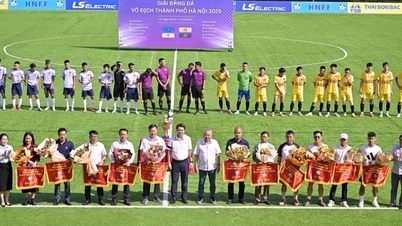





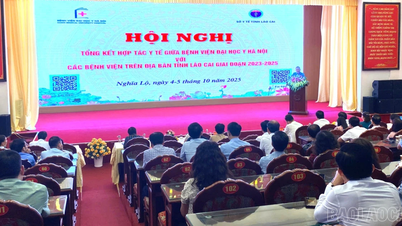





Comment (0)